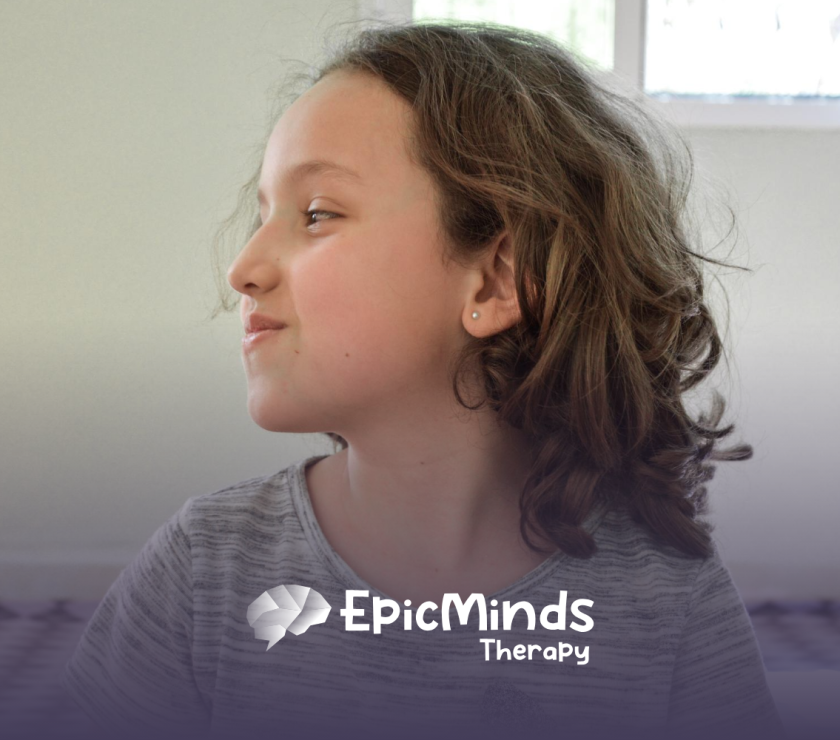When President Donald Trump recently highlighted a potential link between autism and the common pain reliever Tylenol (acetaminophen), it sparked nationwide attention. This announcement by the Trump administration received mixed reactions across medical communities, parents, and researchers—especially here in North Carolina, where understanding autism is critical for families seeking answers and support.
What Did President Trump Say About Tylenol and Autism?
On September 22, 2025, President Trump spoke about an alleged connection between acetaminophen (Tylenol), widely used by pregnant women, and autism spectrum disorder (ASD) in children. The administration proposed a new federal advisory recommending doctors to limit Tylenol use during pregnancy—except in severe fever cases—and pledged to fund research into environmental causes of autism.
Key figures at the announcement included Health Secretary Robert F. Kennedy Jr. and FDA Commissioner Dr Marty Makary. The FDA announced plans to update the safety labeling of acetaminophen and launch public health campaigns addressing this concern.
Despite these moves, no new definitive scientific evidence was presented during the announcement. The administration’s efforts spotlight an environmental angle in autism research, aiming to redefine how autism risk factors are understood.
What Is Acetaminophen (Tylenol) and How Is It Used?
Acetaminophen, known as paracetamol internationally, is among the most commonly used medications during pregnancy for reducing fever and relieving pain. It is widely regarded as safer than alternatives such as ibuprofen, which carries risks of miscarriage or birth defects.
Estimates suggest that around half of pregnant individuals worldwide use acetaminophen at some point during pregnancy, making it a key medication for prenatal care. Despite its widespread use, the FDA states it should be used thoughtfully, especially in pregnant women.
Tylenol is generally accepted as the first-line treatment for mild to moderate pain and fever in expectant mothers, and the manufacturer strongly defends its safety when used as directed.
What Does Scientific Research Say About a Link Between Tylenol and Autism?
Research exploring whether prenatal acetaminophen exposure contributes to autism risk has produced mixed and inconclusive results:
- Some observational studies have noted a small association or correlation between acetaminophen use during pregnancy and increased autism likelihood.
- However, these studies are limited by variables difficult to control, such as dosage, frequency, timing in pregnancy, and health status of the mother.
- No causative mechanism has been firmly established, and researchers emphasize that autism is a complex neurodevelopmental condition arising from the interplay of genetic and environmental factors.
- Studies on Tylenol use and autism have relied on observational data — showing association but not definitive causation — or concluded there’s no connection.
Experts from autism research organizations caution against drawing firm conclusions. James Cusack of Autistica noted that any association in studies is very small and likely confounded by other factors. He recommends avoiding simplistic explanations for autism’s causes.
In sum, the scientific consensus remains that more rigorous, large-scale studies are needed before acetaminophen can be definitively labelled as a risk factor for autism.
Why Should Pregnant Women Care? Balancing Pain Management and Fetal Health
The Trump administration’s advice encourages pregnant women to minimize acetaminophen use except for severe fever, warning against routine painkiller use.
This guidance comes with a delicate balance:
- Untreated pain and fever during pregnancy can also pose risks to both mother and fetus, including increased complications.
- Healthcare providers emphasize discussing any medication use during pregnancy with a doctor to weigh benefits and risks carefully.
Pregnant women should not make medication changes without professional advice, to ensure the best possible health outcome for themselves and their babies.
Autism Is Complex: Other Known and Suspected Causes
Autism spectrum disorder involves differences in brain development that affect communication, behavior, and social skills. It manifests as a spectrum, with varying severity and symptoms.
The causes of autism are complex:
- Genetic factors play a substantial role, with many genes associated with increased likelihood.
- Environmental factors, including prenatal exposures, may have influences but are less clearly defined.
- Some discredited theories, such as vaccines causing autism, have been extensively debunked through research.
The recent focus on acetaminophen is part of a broader investigation into environmental contributors, but the condition’s multifactorial roots remain the leading explanation.
What Role Are Health Authorities Playing Now?
Following President Trump’s announcement, the FDA and other agencies have taken steps:
- Issuing notifications to healthcare professionals about cautious use of acetaminophen in pregnancy.
- Planning to alter drug labels with stronger warnings.
- Launching campaigns to raise public awareness about environmental risk factors.
- Investing federal funds in research exploring autism’s underlying causes, including environmental chemicals and genetics.
These efforts reflect a growing interest in expanding knowledge, but they are also criticised for the lack of conclusive scientific proof supporting the link.
How Epic Minds Therapy Supports Autism in North Carolina Families
At Epic Minds Therapy, we understand how overwhelming an autism diagnosis can feel, especially amid evolving news and scientific discussions. That’s why our team offers trusted Applied Behavior Analysis (ABA) therapy services tailored to each child’s unique strengths and challenges.
What makes Epic Minds Therapy different?
- Evidence-Based ABA: We use proven techniques targeting communication, social skills, and behavior improvement.
- Individualized Care Plans: Every child gets a personalized treatment strategy crafted with their family and team.
- Family-Centered Support: We empower families through education, coaching, and involvement in therapy goals.
- Experienced Clinicians: Our therapists specialize in autism care and use compassionate, data-driven approaches.
- Community Connection: Serving children and families across North Carolina with accessible, high-quality therapy.
If you’re concerned about autism or want to explore therapy options, Epic Minds Therapy is ready to partner with you every step of the way. Our goal is helping children reach their full potential in a supportive, nurturing environment.
Conclusion: Getting the Facts, Finding Support
While President Trump’s statement linking autism and Tylenol has grabbed headlines, the current scientific evidence does not conclusively support this association. Pregnant women should continue consulting their healthcare providers before making any medication changes.
For families navigating the journey of autism, focusing on trusted diagnosis and therapies like those offered at Epic Minds Therapy is essential. North Carolina parents can rely on our expertise to deliver compassionate ABA therapy that truly makes a difference.
Take the first step toward understanding and supporting your child’s development—contact Epic Minds Therapy today to schedule a consultation. Together, we can craft a brighter, more empowered future.
Frequently Asked Questions (FAQs)
Q: Is there proven scientific evidence that Tylenol causes autism?
A: Currently, there is no definitive scientific evidence proving acetaminophen use during pregnancy causes autism. Studies show small associations but are inconclusive.
Q: Should pregnant women stop taking Tylenol immediately?
A: Pregnant women should consult their healthcare providers before stopping or starting any medication, as untreated pain or fever also poses risks.
Q: What are the known causes of autism?
A: Autism arises from a complex combination of genetic and environmental factors. No single cause has been identified.
Q: How does Epic Minds Therapy help children with autism?
A: We provide personalized ABA therapy programs focused on improving communication, behavior, and social skills, supporting the whole family.
Q: Are vaccines linked to autism?
A: Extensive research has thoroughly debunked any link between vaccines and autism.
Sources:
- https://www.nytimes.com/2025/09/22/health/kennedy-autism-tylenol-trump.html
- https://www.bbc.com/news/articles/cx20d4lr67lo
- https://www.npr.org/sections/shots-health-news/2025/09/22/nx-s1-5550153/trump-rfk-autism-tylenol-leucovorin-pregnancy
- https://www.nature.com/articles/d41586-025-02876-1
- https://www.politico.com/news/2025/09/21/trump-autism-tylenol-acetaminophen-fever-00574564
- https://www.washingtonpost.com/health/2025/09/21/trump-autism-announcement-tylenol-leucovorin/
- https://edition.cnn.com/2025/09/22/health/trump-autism-announcement-cause-tylenol
- https://www.hhs.gov/press-room/hhs-trump-kennedy-autism-initiatives-leucovorin-tylenol-research-2025.html
- https://www.whitehouse.gov/articles/2025/09/fact-evidence-suggests-link-between-acetaminophen-autism/





